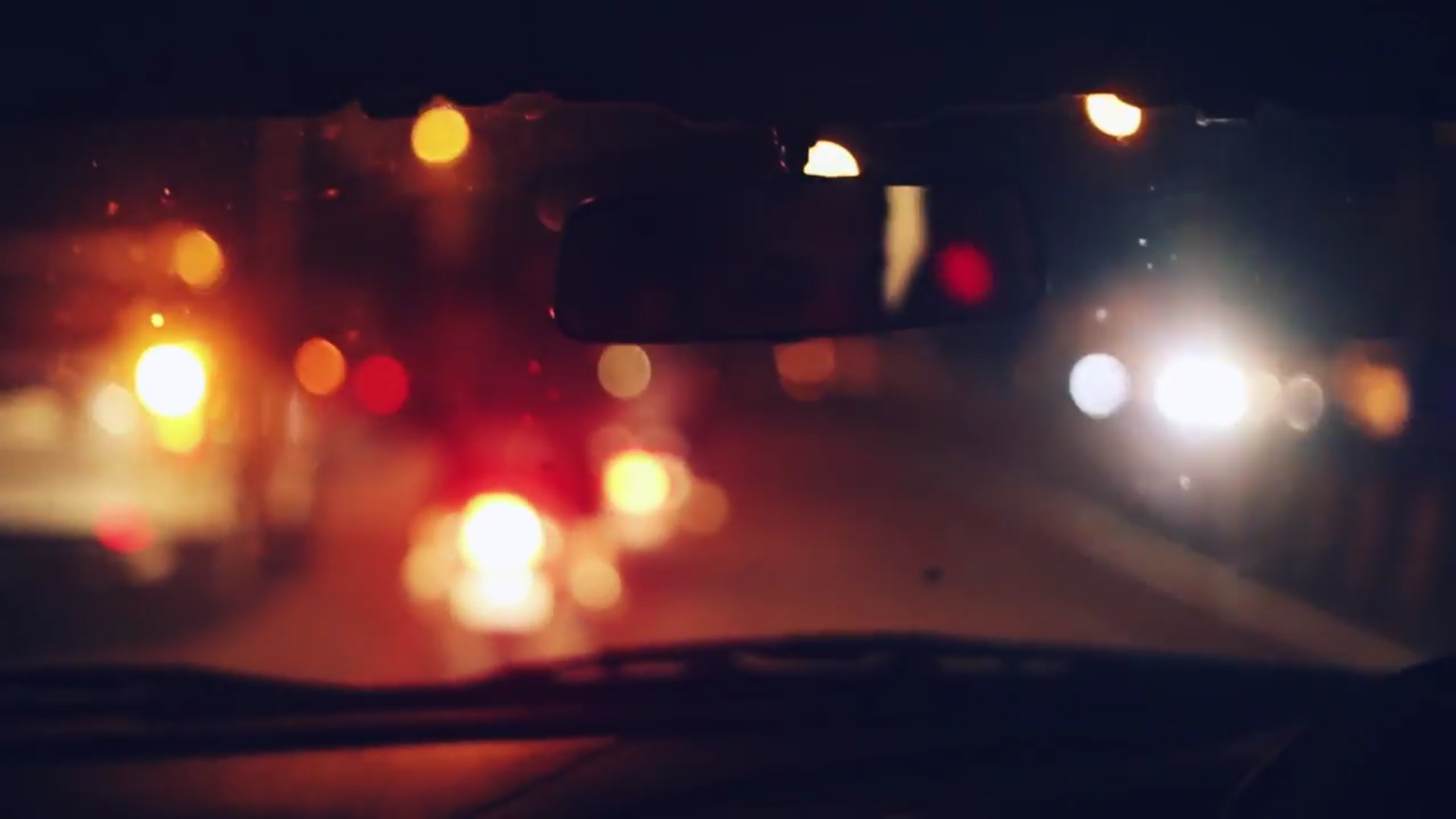The 19-year-old sings about moving from the US to India in the first single off her upcoming EP 'We Never Left'

When singer-songwriter Ramya Pothuri moved from the city of St. Louis in the US to Mumbai two years ago, she gathered enough new experiences to fuel her first single. The mellifluous “Places” almost belies, as most indie folk music does, its coarse subject ”“ the anxieties of shifting home.
“Places” is also a part of Pothuri’s upcoming EP We Never Left. She says, “The song is pretty much about how something maybe horrible in the beginning but there is always a silver lining. So after you decide to look at the whole situation differently you see the things that you couldn’t see before.”
The music video for “Places”–shot from the point of view of a passenger in a car–is a hazy late-night drive through Mumbai even as the song plays in the background, as if on the radio. “The whole EP has a night-time feel, like something you would listen to at night and I personally love going on drives.”
Nineteen-year-old Pothuri confides that the four-track We Never Left was also fuelled by personal things like deciding not to go to college [which she says “was pretty scary,” as it made her realize she was on her own then]. “The songs are all based on experiences in my life and all have stories to them. I tried to make them as raw and emotional as possible.”
The EP has been produced by Rishi Bradoo [vocalist of Mumbai punk trio BLEK] and singer/songwriter Ronit Sarkar aka Awkward Bong. It will release on August 24th.
The Mumbai pop artist collaborates with Rutwik Talashilkar, Amandeep Singhsoni and Shloke Lal on a…
From recreating their Super Bowl commercial choreography to teasing new music, here's everything that went…
The musician previewed new material from the record, out April 17, during his residency at…
On The Fall and Rise of Reggie Dinkins, the rapper portrays a divorced mother who…
“What you have achieved is not just a historic musical accomplishment, it’s a cultural and…
The so-called “pharma bro” alleges RZA engaged in a “duplicate sale” of copyright interests that…